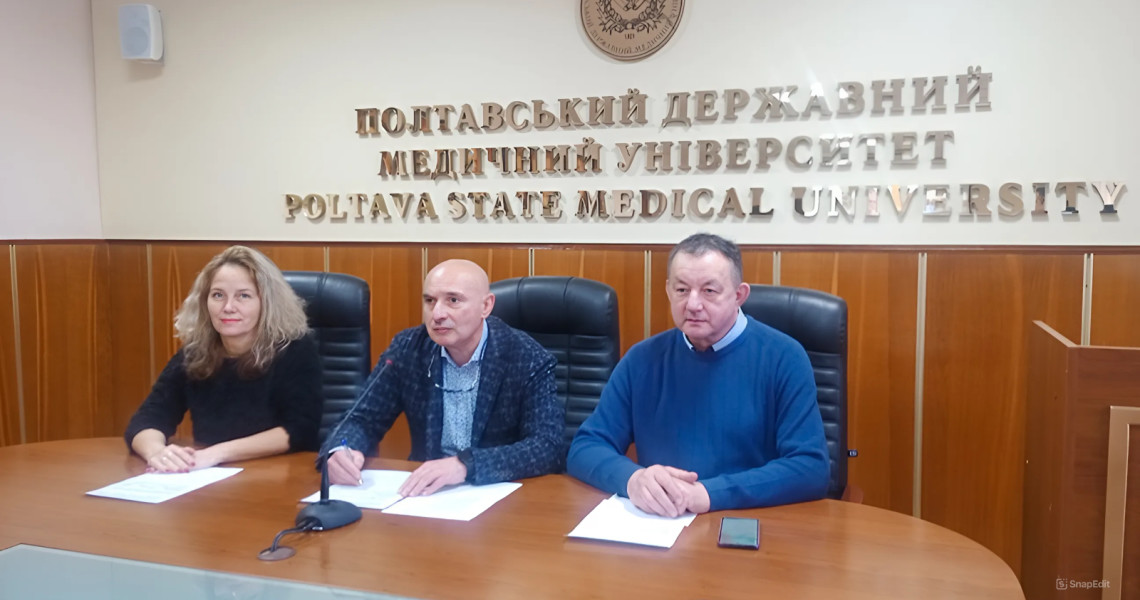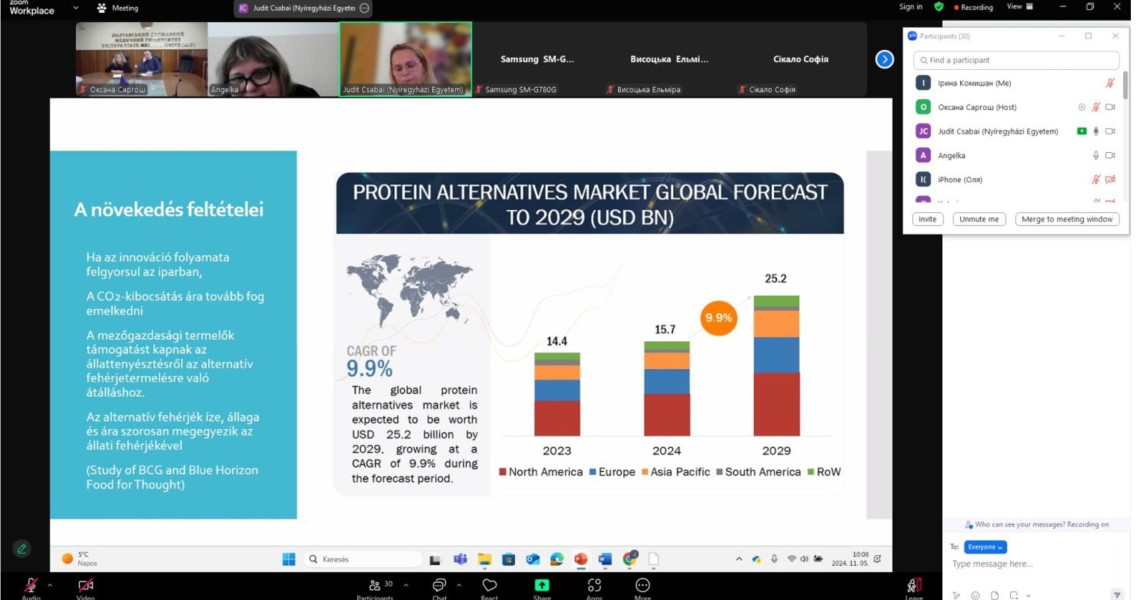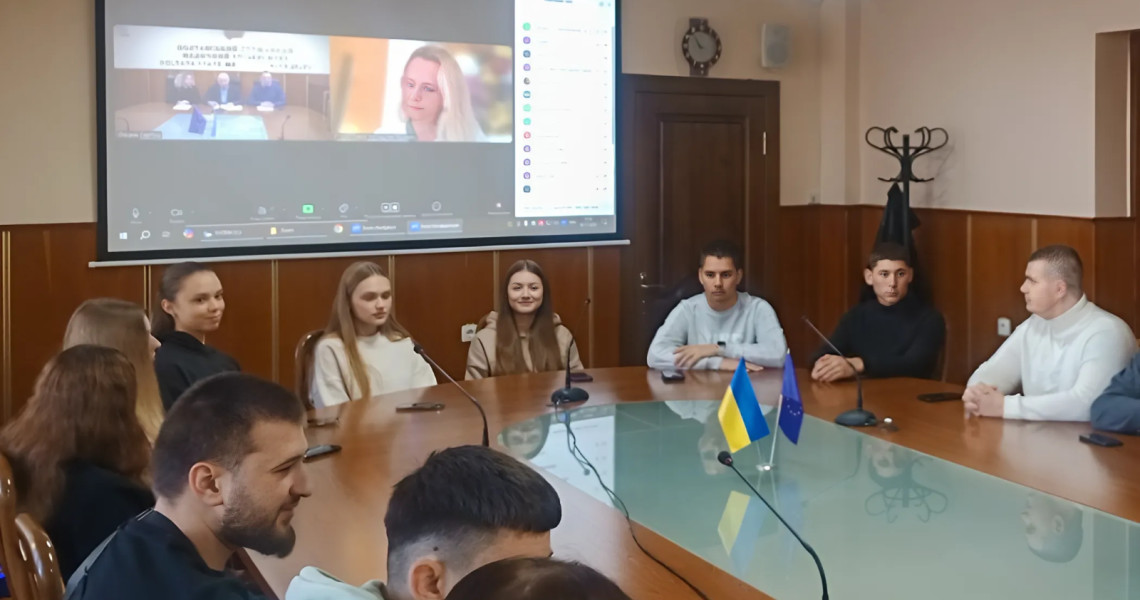On November 5, 2024, as part of the "Nutrition Science" course component for students specializing in "Physiotherapy and Rehabilitation" and "Public Health" at the Educational and Scientific Medical Institute of PSMU, an online lecture was held by Judit Csobó, Associate Professor in the Department of Engineering and Agronomy at the University of Nyíregyháza (Hungary). The lecture, titled "The Spread of Vegetarianism in Hungary, Its Impact on the Agricultural Structure and Food System," was translated from Hungarian by Angela Kolesnyk, Associate Professor in the Department of Genetics, Plant Physiology, and Microbiology at Uzhhorod National University.
Incidentally, vegetarianism (from the English word "vegetable") is a plant-based diet that permits certain animal products, such as eggs and milk, but excludes meat, fish, and poultry. Various forms of vegetarianism have existed for thousands of years in cultures worldwide. In India, followers of certain beliefs adopted vegetarianism out of a desire to avoid harming animals. The influence of the Christian church has also led believers to observe fasting for certain months each year. Buddhism, which spread to Southeast Asia, China, and Japan, has significantly influenced the diets of local populations.
Modern civilization rediscovered vegetarianism for the world in the mid-19th century in England, where the first Vegetarian Society was established, creating the first formal definition of this diet.
Each of us, of course, has the choice of what type of diet suits us best.











